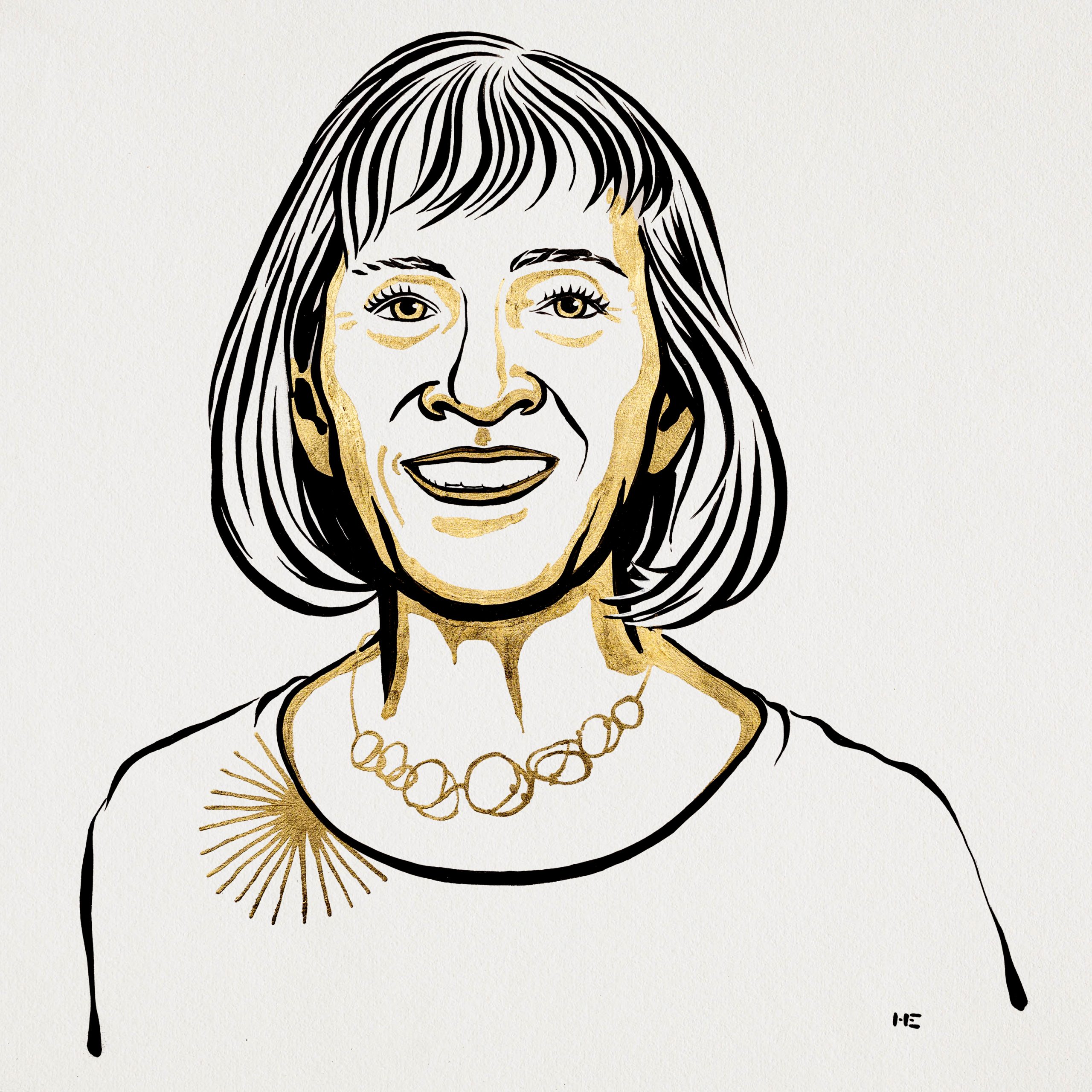LibKey: Connecting the Library to Pubmed and more!
Download LibKey Nomad for quick access to PDFs through Wikipedia, PubMed, and Google Scholar!
By Nicole Daly and Margot Accettura
Do you use Wikipedia, Pubmed, or Google Scholar and struggle to know whether Falvey offers you access to the articles mentioned in their reference lists? Check out LibKey Nomad, the browser extension that connects your Villanova library account to various databases including Wikipedia, Pubmed, and Google Scholar!
Instructions on downloading the browser extension:
-
- Go to https://thirdiron.com/downloadnomad/
- Select Get LibKey Nomad Now

- Choose your preferred browser. There’s no need to sign in or make a new account! Just make sure you choose Villanova University.
Once connected you will notice the Nomad button popup offering pdf access for articles linked from the library. If a PDF is not available, it will automatically send you to Falvey’s site to find access. It will even send you to the ILL link if it’s not in our holdings!
Happy searching!
P.S. Don’t feel like adding the extension? LibKey also offers a website where you can easily copy an articles DOI into the search bar and quickly see if we have access to a pdf file.
Go to: https://libkey.io/
P.P.S. Falvey also has access to BrowZine which makes journal browsing and reading easier! At https://browzine.com/libraries/764/subjects you can browse Falvey provided journals by discipline. You can even keep your own bookshelf and article list.
Nicole Daly is Communication and Sociology and Criminology Librarian at Falvey Library.

Margot Accettura is STEM Librarian at Falvey Library.






 Linda Hauck, MLS, MBA, is Business Librarian at Falvey Library.
Linda Hauck, MLS, MBA, is Business Librarian at Falvey Library.

 Linda Hauck, MLS, MBA is Business Librarian at Falvey Library.
Linda Hauck, MLS, MBA is Business Librarian at Falvey Library. Looking for news from Ireland? We’ve got you covered. Falvey Library has arranged trial access to
Looking for news from Ireland? We’ve got you covered. Falvey Library has arranged trial access to 
 Jutta Seibert is Director of Research Services & Scholarly Engagement at Falvey Memorial Library.
Jutta Seibert is Director of Research Services & Scholarly Engagement at Falvey Memorial Library.

 Kallie Stahl ’17 MA is Communication and Marketing Specialist at Falvey Library. Some of her favorite Barbie dolls of the 90’s: Bead Blast Barbie Doll, Olympic Gymnast Barbie Doll, Movin’ Groovin’ Barbie Doll, and Dorothy Barbie Doll (The Wizard of Oz).
Kallie Stahl ’17 MA is Communication and Marketing Specialist at Falvey Library. Some of her favorite Barbie dolls of the 90’s: Bead Blast Barbie Doll, Olympic Gymnast Barbie Doll, Movin’ Groovin’ Barbie Doll, and Dorothy Barbie Doll (The Wizard of Oz).  associations and team and player performance sites. Its a one-stop shop for sporting goods spending, participation, attendance, fan demographics, and media usage data, downloadable in Excel format. Use it to keep up to date on business developments on everything from baseball to fantasy football, sports gambling, pickleball, and sports law to name just a few topics.
associations and team and player performance sites. Its a one-stop shop for sporting goods spending, participation, attendance, fan demographics, and media usage data, downloadable in Excel format. Use it to keep up to date on business developments on everything from baseball to fantasy football, sports gambling, pickleball, and sports law to name just a few topics. Linda Hauck, MLS, MBA is Business Librarian at Falvey Library.
Linda Hauck, MLS, MBA is Business Librarian at Falvey Library.